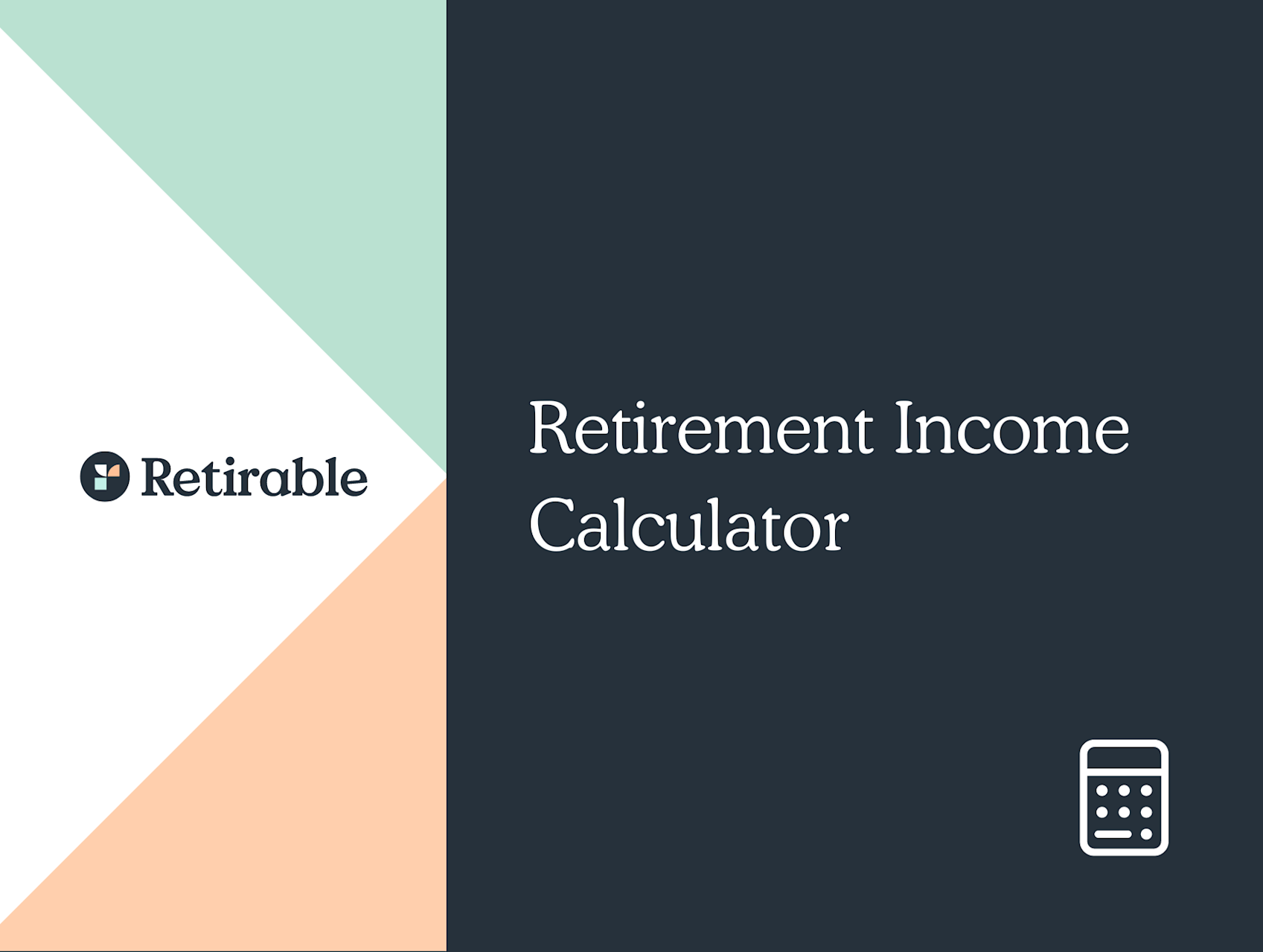Lifestyle
Reducing expenses in retirement can be tricky, even if you’re saving on commuting and dining out. You’ll still have monthly costs related to food and housing, along with all the other services you rely on. Don't worry - you can still live comfortably after retirement. It just takes a little advance planning. Here are some tips to help you reduce those monthly expenses.

Stephanie Faris
•
Published June 3rd, 2021
Key Takeaways
During retirement, you’ll likely live on a combination of retirement savings and Social Security, which usually means a reduction in income.
Some careful planning can help you prepare to live on a reduced income while still doing all the things you want to do.
Budgeting and tracking your spending can keep you on top of your finances so that you know where you can cut back when necessary.
Reducing expenses in retirement can be tricky, even if you’re saving on commuting and dining out. You’ll still have monthly costs related to food and housing, along with all the other services you rely on.
You can still live comfortably after retirement. It just takes a little advance planning. Here are some tips to help you reduce those monthly expenses.
Tips to Cut Costs in Retirement
Yes, you’ll probably have a little less money after retirement. But that doesn’t mean you still can’t have fun. Here are some tips to help you reduce your spending so that you can stay within your budget.
Track Your Spending
Before you can come up with ways to save money after retirement, it can help to know what you’re spending. You can start even before you retire, but it’s important to continue after retirement. By tracking your spending every day, you’ll have constant awareness of where your money is going.
You can track your budget manually, but there are also apps that can help. Check to see if your own bank offers spend tracking and if not, find an app that links to your bank account and collects that data for you.
Create Budget Projections
The word “budget” can sound intimidating, but really, you just need a list of what you plan to spend. Create a report at the end of each month on how much you spent in each category, then use that information to build next month’s budget.
The best thing about budgeting and tracking is that you’ll gradually learn how to spend less in retirement. You’ll be on top of your spending so that you can easily see where you can cut back to get a little extra money to spend in another area.
Plan for Decumulation
You’ve spent most of your adult life collecting assets and saving. As retirement nears, though, it’s time to shift from accumulating assets to a process called “decumulation,” which involves cutting back on what we spend and even getting rid of those assets.
While you’re looking at how to save big during retirement, consider whether you’ll want to “downsize” your lifestyle. You might move to a smaller home or even sell off some of your assets. This shift will also help you with estate planning. As you’re preparing your will and considering where your assets will go, decumulation will ensure your loved ones will have less to deal with once you’re gone.
Reduce Debt
If you’re entering retirement with debt, consider paying them off as much as possible. You can more easily tackle your expenditures if you aren’t dealing with credit card bills and car payments.
Once you’ve reduced your debt as much as possible, take a look at what’s left. You could find a consolidation loan that make your monthly payment more manageable. It might also even cut down the interest you’re paying. If possible, get all this squared away before you’re relying on retirement income to pay your bills.
Track Investment & Recurring Fees
Just because your income is reduced doesn’t mean you can’t still save. The key to how to save money in retirement is continuing to make the right investments, but doing so with as little risk and as few fees as possible. As you’re monitoring your spending, make sure you’re keeping a close eye on your portfolio. Monitor the fees you’re being charged and focus on low-risk assets that will pay you a slow, steady income versus taking chances on risky investments.
Reduce or Eliminate Your Mortgage
You’ll probably see housing as one of the 10 or 11 things that are cheaper in retirement. There’s a reason for that. Many retirees choose to scale that monthly cost down before leaving the workforce. If you can pay off your mortgage before you retire, you’ll take a huge load off your monthly budget. But even downsizing to a smaller place or refinancing for a lower monthly payment can help.
Final Thoughts
Adjusting to retired life can take time, but budgeting and planning can help. By monitoring your spending each month, you’ll be able to easily identify areas where you can cut back. It is important to budget for new hobbies and travel to fill all the new free time you have. We recommend working with a certified financial planner who can take a look at your retirement income and help you find ways that you can pay your expenses without sacrificing all the things you want to do.
Share this advice

Stephanie Faris has written about finance for entrepreneurs and marketing firms since 2013. She spent nearly a year as a writer for a credit card processing service and has written about finance for numerous marketing firms and entrepreneurs. Her work has appeared on Money Under 30, The Motley Fool, MoneyGeek, E-commerce Insiders, and GoBankingRates.
Decumulation
Paycheck
Lifestyle Planning
Income Sources
Strategies
Taxes
Risks
Share this advice

Stephanie Faris has written about finance for entrepreneurs and marketing firms since 2013. She spent nearly a year as a writer for a credit card processing service and has written about finance for numerous marketing firms and entrepreneurs. Her work has appeared on Money Under 30, The Motley Fool, MoneyGeek, E-commerce Insiders, and GoBankingRates.


